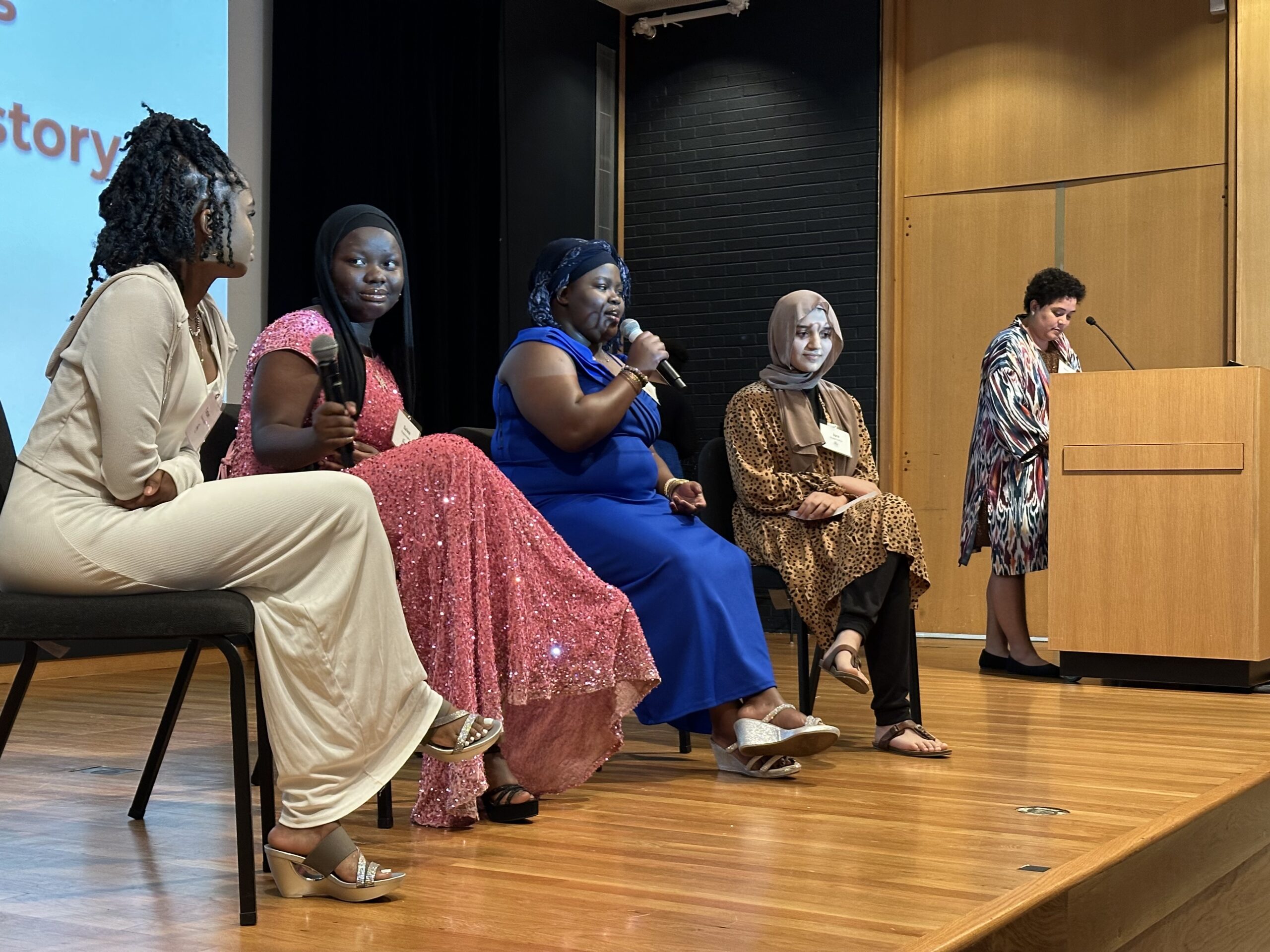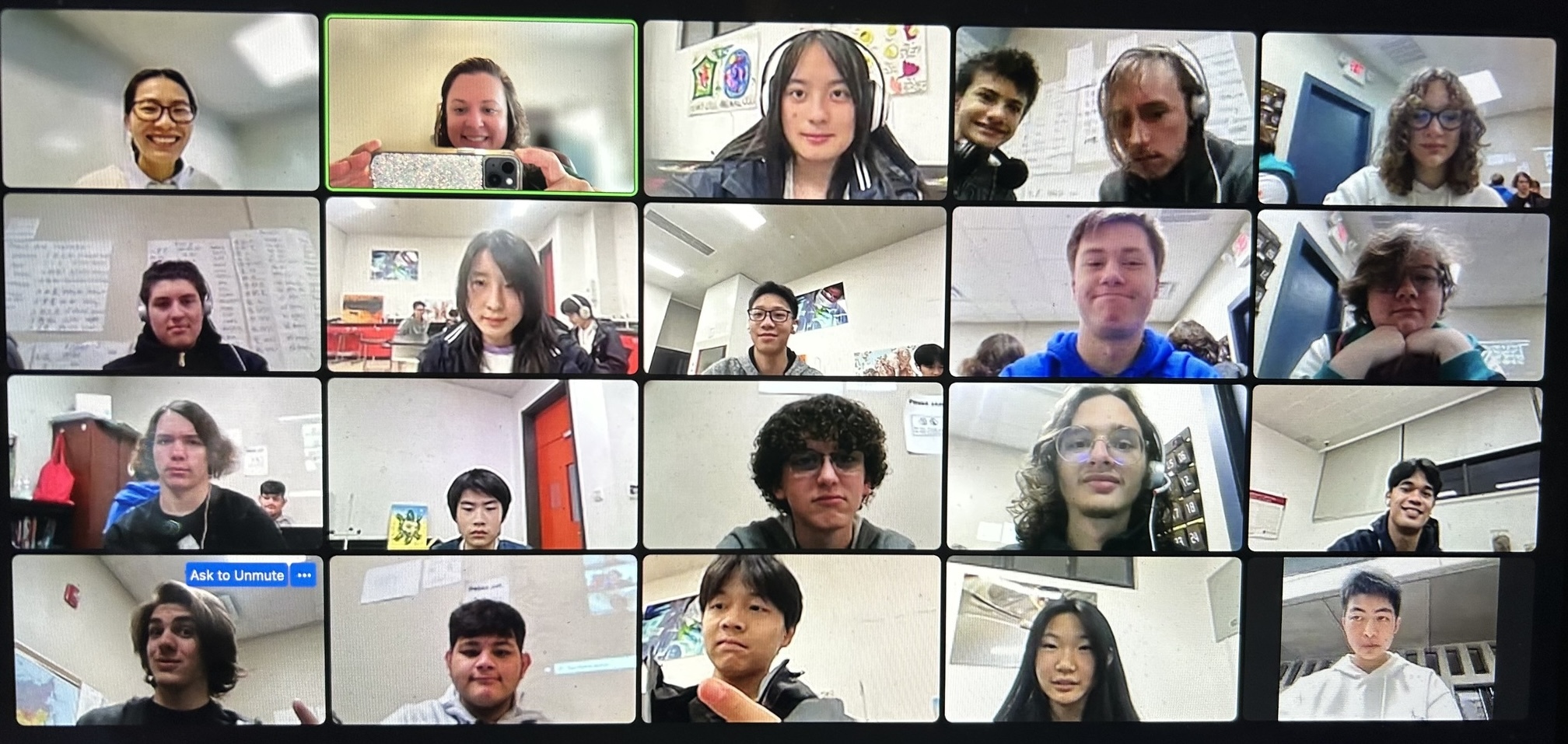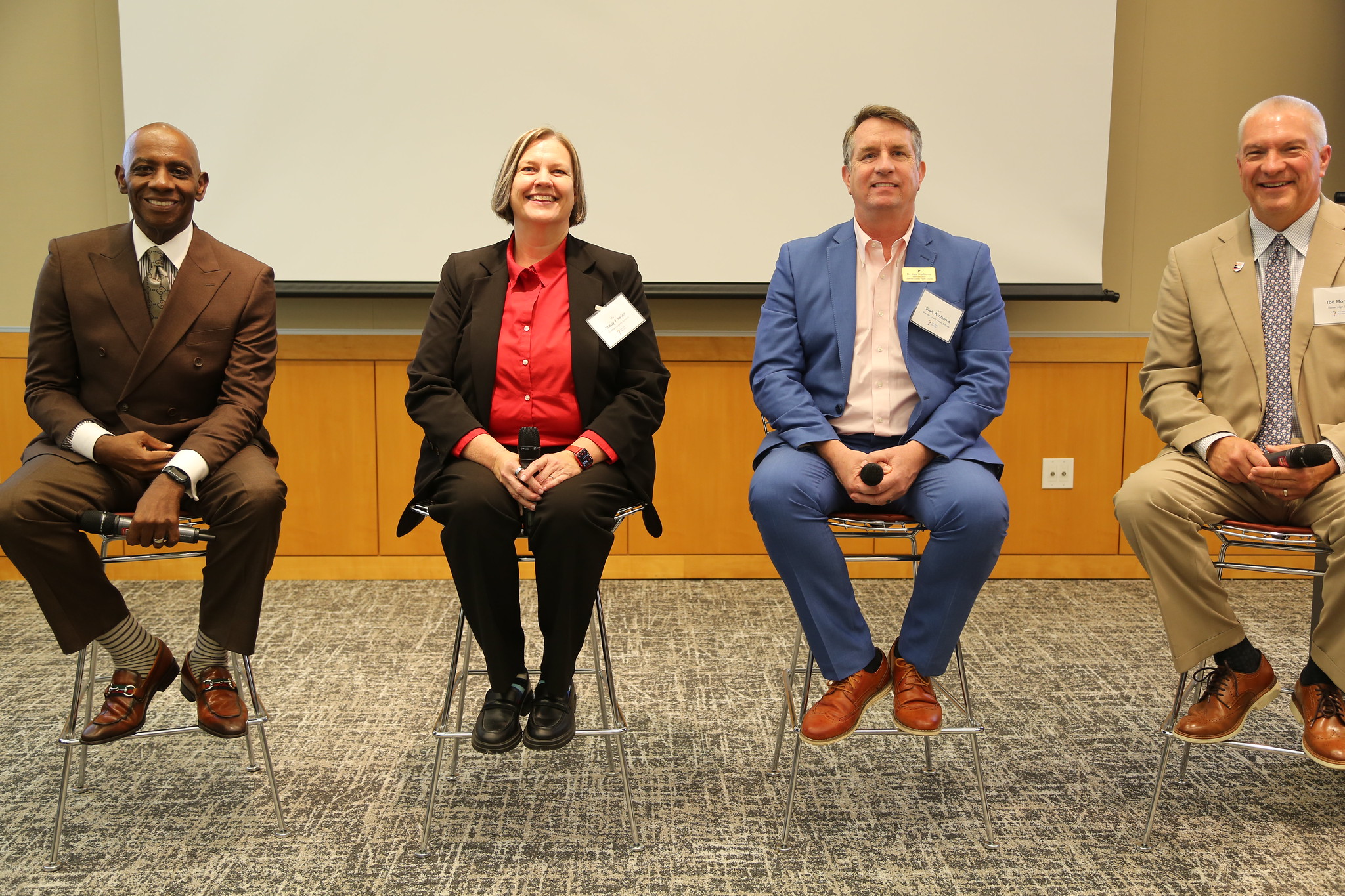2nd Annual NC Conference for Educational Equity Inspires Hope, Opportunity and Liberation for Educators, Students
During her opening remarks for the Friday Institute for Educational Innovation’s second annual North Carolina Conference for Educational Equity, conference co-organizer Patricia Hilliard, Ph.D., shared the inspiration for this year’s conference theme “Hope. Opportunity. Liberation.”: Pedro Noguera, Ph.D., the Distinguished Professor of Education at the UCLA School of Education and Information Studies,
Noguera believes that student success is about more than grit—the concept that focusing on passion and perseverance of a goal leads to success. He argues in The Chronicle of Evidence-Based Mentoring that focusing solely on grit and ignoring opportunity gaps and barriers for students is a mistake. In a video on grit versus student agency, Noguera says that hard work without opportunity leaves people just working hard and tired. He says students have to work hard and have access to help and support so they can improve their lives.
Hilliard, research scholar at the Friday Institute, and conference co-organizer Laura Albrecht, research associate at the Friday Institute, saw this conference as an opportunity for educators to learn about these barriers, grapple with inequities of the educational system, engage in meaningful dialogue and learn from others who are paving the way toward equity, with the goal of increasing educational success for all learners.
“The conference presenters provided some much-needed inspiration,” one participant said in their conference evaluation. “They also shared a wealth of information including strategies, partnering organizations and other resources.”

Each day of this free, two-day virtual conference began with a panel made up of educators from a North Carolina school district. These districts were selected to highlight the work they’re doing to break down barriers for students and advance educational equity that increases opportunities for all.
The district panels set the tone for the conference and kicked off two days of sessions that highlighted a variety of specific ways educators in K-12 and higher education, community partners and state agencies have intentionally designed more equitable learning environments for staff and students. Sessions included “How to Talk to Children about Race and Racism,” “Using Federal Funds to Ensure Equity for All,” “Pandemic Lessons for Supporting Students with Disabilities” and “Putting the E in Equity.”

On Tuesday, July 27, the panel featured educators from Edgecombe County Public Schools, a small rural district led by Valerie Bridges, Ph.D., Edgecombe County Public Schools superintendent, who is a two-time NC State College of Education alumna and Central Carolina Regional Education Service Alliance (CCRESA) Superintendent of the Year. (Learn more about Bridges and her work to prepare principals to strengthen communities in this video.)
Edgecombe County Public Schools prioritizes student agency, allowing students the space to think about their passions, purpose and dreams and ensuring that they have the executive functioning skills to make an impact in their world.
For example, the district has implemented a Scholar Teachers Program at Edgecombe Early College High School to “recruit highly qualified high school students into the teaching profession, support their personal and professional growth, and employ and retain them in Edgecombe County upon graduation from college.”
“We have to create an environment so students will thrive,” said Bridges. “We want to make sure that we create a world that’s better than the one that we are a part of right now for our students.”

On Wednesday, July 28, the panel comprised educators from Guilford County Schools, a large urban district led by Sharon Contreras, Ph.D., Guilford County Schools superintendent.
Guilford County Schools spends a lot of time and resources developing principals, who set the tone for educators in their schools, as well as running an aspiring principal program specifically for Black and Latino men.
When designing programs for teachers to build their capacity for culturally responsive and sustaining practices, Guilford County Schools is grounded in their “why” first.
Contreras shared her “why,” which also included her family history, with conference participants.
“Do not forget your destiny and purpose and why you are here,” said Contreras. “You all have a story. It may not be the same as mine, but somebody somewhere came all the way across from somewhere so that you could change somebody else’s destiny. We who believe in freedom cannot stop until it comes.”
The conference also held its first bilingual session, “Una Educación Según la Perspectiva Indígena,” or “An Education from the Indigenous Perspective” featuring the Unlocking Silent Histories staff, curriculum and leadership toolkit. At the end of the first day, there were half a dozen spotlight presentations featuring individual educators’ experiences promoting equity in their everyday practices. Over 670 people participated in the conference.
“One of the Friday Institute’s three strategic impact areas is cultivating equity through equity-mindedness in K-12 education,” said Hiller Spires, Ph.D., executive director at the Friday Institute and associate dean in the NC State College of Education. “The conference helps lift our equity work with educators and students. The Friday Institute provides leadership and change agency in amplifying the voices of educators and students of color. We strive to demonstrate what equitable education looks like and engage in the hard work of ensuring each student realizes educational success.”


